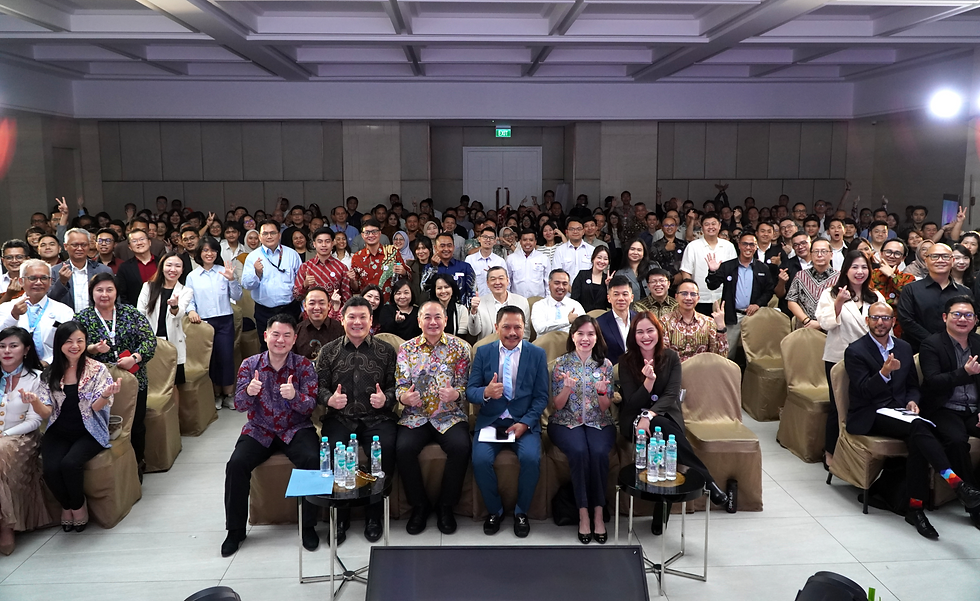The Importance of Emotional Intelligence : How it Impacts to Your Performance at Work
- TechConnect

- Jul 31, 2023
- 2 min read

Picture source: freepik
Emotional intelligence is the capacity to successfully understand and control emotions. Emotional intelligence in the workplace can give considerable benefits and help you advance your career, as well as improve relationships and promote a healthy work environment.
In the 1990s, psychologist Daniel Goleman is credited with creating the five components of emotional intelligence at work. These components are as follows, with examples of how they are used in the workplace:
1. Self-awareness
Self-awareness is the ability to recognize your own feelings and emotional causes. Being aware of your emotions allows you to comprehend how others may view your emotions. You could utilize self-awareness at work to learn how your coworkers, clients, or managers perceive you.
2. Self-regulation
Self-regulation is the ability to manage and change one's emotions in order to achieve a more favorable outcome. Controlling your emotions is critical in any scenario since your emotions have a big influence on others. You can manage your emotions on the job by regulating your moods in order to maintain a professional appearance in front of clients.
3. Motivation
Motivation is the desire to do something, and it is related to emotional intelligence because your wishes can produce various feelings toward something. For example, a desire to finish all of your daily activities successfully may be exhibited as intrinsic motivation to your employer — as well as a manner of meeting your own inner needs and aspirations.
4. Empathy
Empathy is the ability to identify and comprehend another person's feelings. Understanding others' emotions enables you to handle working circumstances more efficiently. For example, if a coworker shows signs of distress, you can respond with empathy to defuse a potentially dangerous scenario.
5. Social Skills
Social skills are the abilities that allow people to communicate and engage with one another. You can listen, communicate, and settle issues more successfully if you have greater social skills, such as effective communication and respect. Social skills may be used to advance your career in the workplace and are crucial capabilities for leaders.
Source: Indeed





Comments